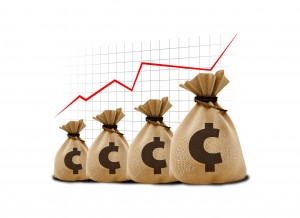Stable Outlook but Risks to Public Finances Fitch Ratings expects that Ghana’s general government debt will continue to rise in 2021 and 2022 due to high pandemic-related spending and the realisation of energy sector liabilities. In our base case, we expect debt to plateau at about 75% of GDP from 2024.
Fitch affirmed Ghana’s sovereign rating (B/Stable) in October 2020, on an expectation of a gradual recovery, both in economic performance and fiscal revenue following the Covid-19 pandemic shock, the availability of external and domestic financing sources, and the eventual stabilisation of debt/GDP.
However, Ghana’s public finances are complicated by a history of domestic arrears and by contingent liabilities that will continue to add to its public debt stock. Coronavirus Exacerbates Fiscal Risks Ghana has a history of substantial fiscal slippage around elections and difficulties in public financial management (PFM), leading to persistent fiscal deficits due to arrears and off-budget spending.
The government has made a number of reforms to fiscal policy, budgeting, and debt management, but risks for final 2020 out turns and to 2021 remain. The pandemic and related spending has exacerbated these risks. Energy Sector Recovery Plan In December 2020, the Ministry of Finance announced that its progress on the Energy Sector Recovery Programme (ESRP) included the clearing of USD1 billion in debt to independent power producers and deals made with power-generation companies that could save up to USD5 billion.
We believe that the government’s actions will avert the worst-case scenario, but that additional liabilities of as much as USD12 billion could fall on the government if such efforts fail.
Source: Fitch ratings

